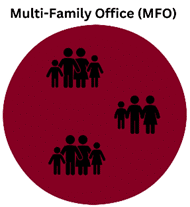In this video, Ross Bramwell covers a couple of topics we’re watching as summer begins:
- Reasons why the stock market has been hitting resistance levels in recent weeks.
- Whether rising bond yields are a risk to the stock market.
- What the administration might do next, as Trump’s tariffs were struck down by a federal court, although they were upheld by an appeals court, and will stay in place for now.
If you have any questions, please reach out to a member of your client service team. Watch here: https://youtu.be/3Tii-DoSa2Q?feature=shared














